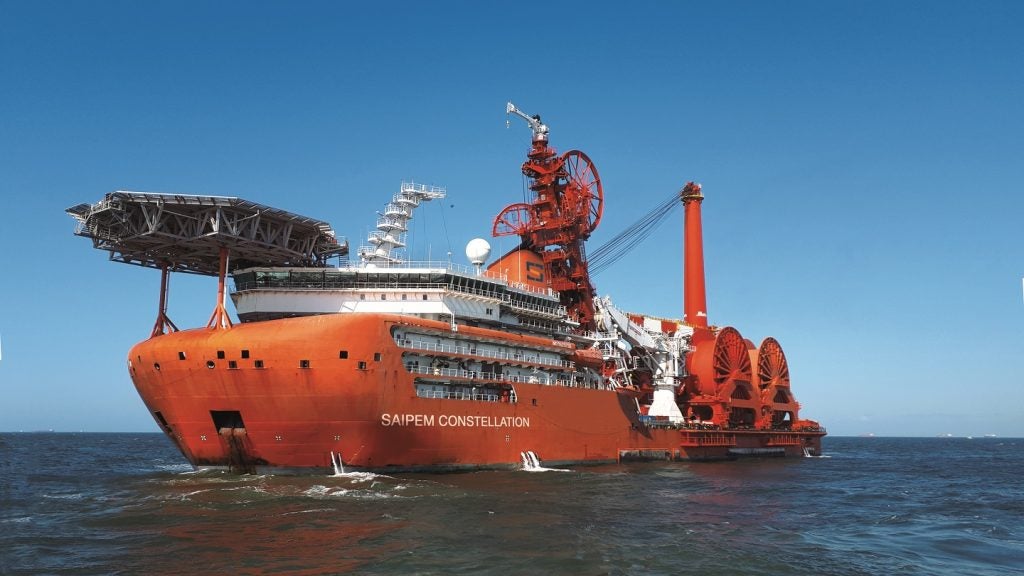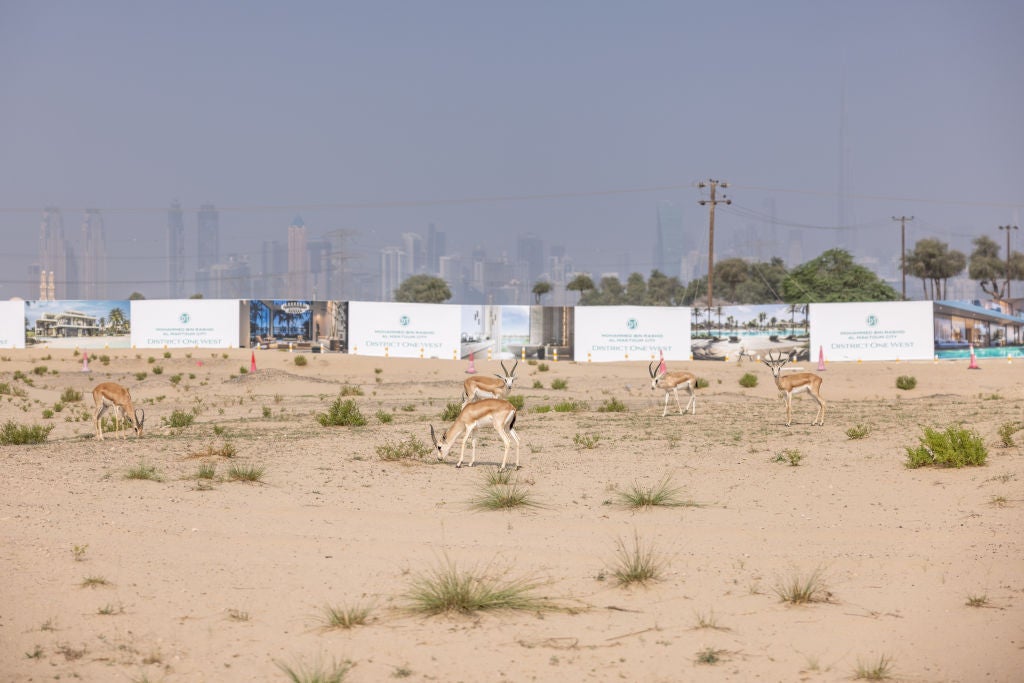Italian oil and gas services provider Saipem has secured two offshore contracts, one in Guyana and the other in Brazil, worth a total of about $1.9bn (€1.7bn).
US energy major ExxonMobil’s subsidiary ExxonMobil Guyana has awarded the first contract for the proposed Whiptail oilfield development.
Located in the Stabroek block off the coast of Guyana, Whiptail oilfield development is at a water depth of nearly 2,000 metres (m).
The scope of the Guyana contract includes design, manufacture, and installation of subsea structures, risers, flowlines, and umbilicals for a sizable subsea production plant.
Saipem will work on the Whiptail oilfield development using its FDS2, Constellation, and Castorone vessels.
Its Guyana Offshore Construction Facility, situated at the Port of Georgetown, will be used as the primary fabrication facility for the project execution.
With the award, Saipem will be able to start limited activities such as detailed engineering and procurement, subject to the required government clearances and other conditions.
Last month, Exxon awarded Whiptail floating production, storage and offloading vessel’s front-end engineering and design work to SBM Offshore.
Norway’s Equinor has awarded the second contract for the Raia project offshore Brazil.
Located in the Campos Basin, approximately 200km offshore the Brazilian state of Rio de Janeiro, Raia is the development of a pre-salt gas and condensate field.
The scope of work for Raia includes horizontal drilling operations for the shore approach as well as the offshore transport and installation of a subsea gas export pipe and related equipment at water depths of about 2,900m.
Saipem’s pipelaying vessel Castorone will be deployed for the installation work.
The offshore services provider said the Campos Basin project has the potential to account for 15% of the nation's total domestic demand.
Pipelines, installed by Saipem and spanning around 200km, will be used to transport the extracted gas from the field to a gas reception facility that will be erected at Cabiúnas, in the city of Macaé in the state of Rio de Janeiro.












